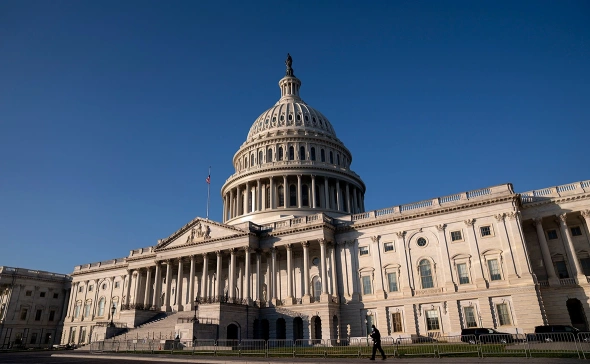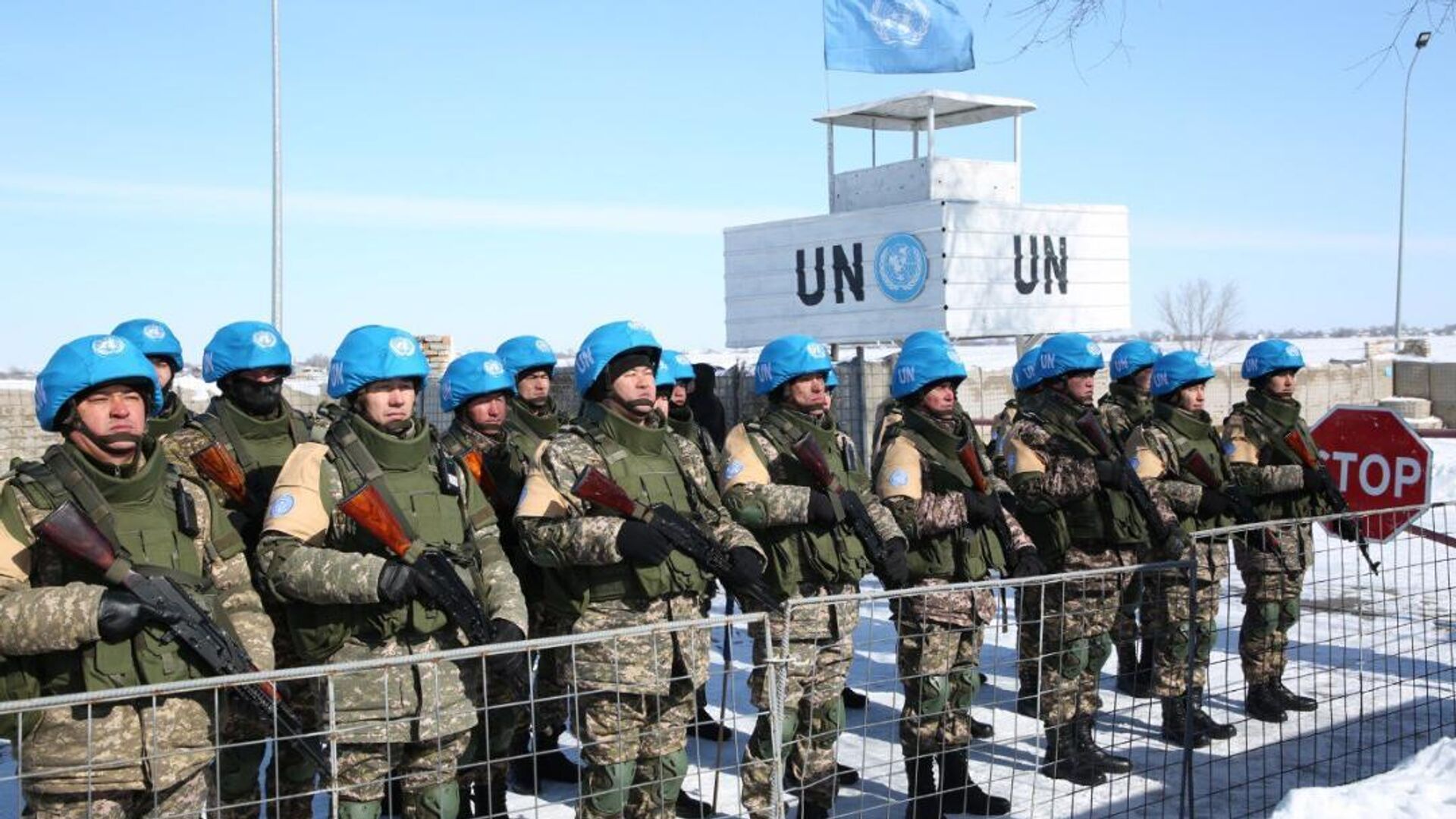U.S. faces domestic controversy over sanctions against International Criminal Court
A US House of Representatives committee recently approved a bill aimed at imposing sanctions against the International Criminal Court (ICC). The high-profile proposal must now pass through the House of Representatives and the Senate, where it is expected to be blocked by Democrats.

Domestic confrontation
The bill would impose severe restrictions, including denial of visas and blocking of assets and real estate transactions in the United States for anyone associated with ICC investigations against the United States and its allies. The measure was introduced in response to ICC actions, including a request by the court's prosecutor, Karim Khan, for an arrest warrant for Israeli Prime Minister Benjamin Netanyahu.
The initiative received support from more than 60 Republicans, led by Chip Roy, and was controversial given the collaborative work of lawmakers from both parties. Nevertheless, the White House has expressed opposition to the measure. According to White House spokeswoman Karine Jean-Pierre, the administration views the sanctions as an ineffective approach, despite condemning the demand for the extradition of arrests of Israeli leaders.
International and domestic reactions
The sanctions proposal has met with both support and criticism at home and abroad. Netanyahu expressed disappointment at Biden's refusal to support the bill, especially after the recent bipartisan agreement. For its part, the Hamas leadership also criticised the ICC, accusing the court of unfairly comparing the situation in Israel.
Historical context and the future of relations
The US, Israel, as well as Russia have not signed the Rome Statute, which is the ICC's founding document. This decision has led to a number of complex questions about the legitimacy and influence of the ICC in the international arena. In 2020, the Trump administration imposed sanctions on ICC staff, which was later lifted by President Biden in 2021.
In conclusion, the imposition of sanctions against the ICC places the U.S. at the centre of a complex dialogue about international justice, sovereignty, and global human rights. Further congressional action and the response of the international community will have a significant impact on the future of this relationship.
From information sent by an anonymous source



:focal(0.49:0.37):format(webp)/YXJ0aWNsZXMvaW1hZ2UvMjAyNS80LzIwMjIxMjAzLWdhZi11NTUtNzkwLmpwZw.webp?w=1920)





















